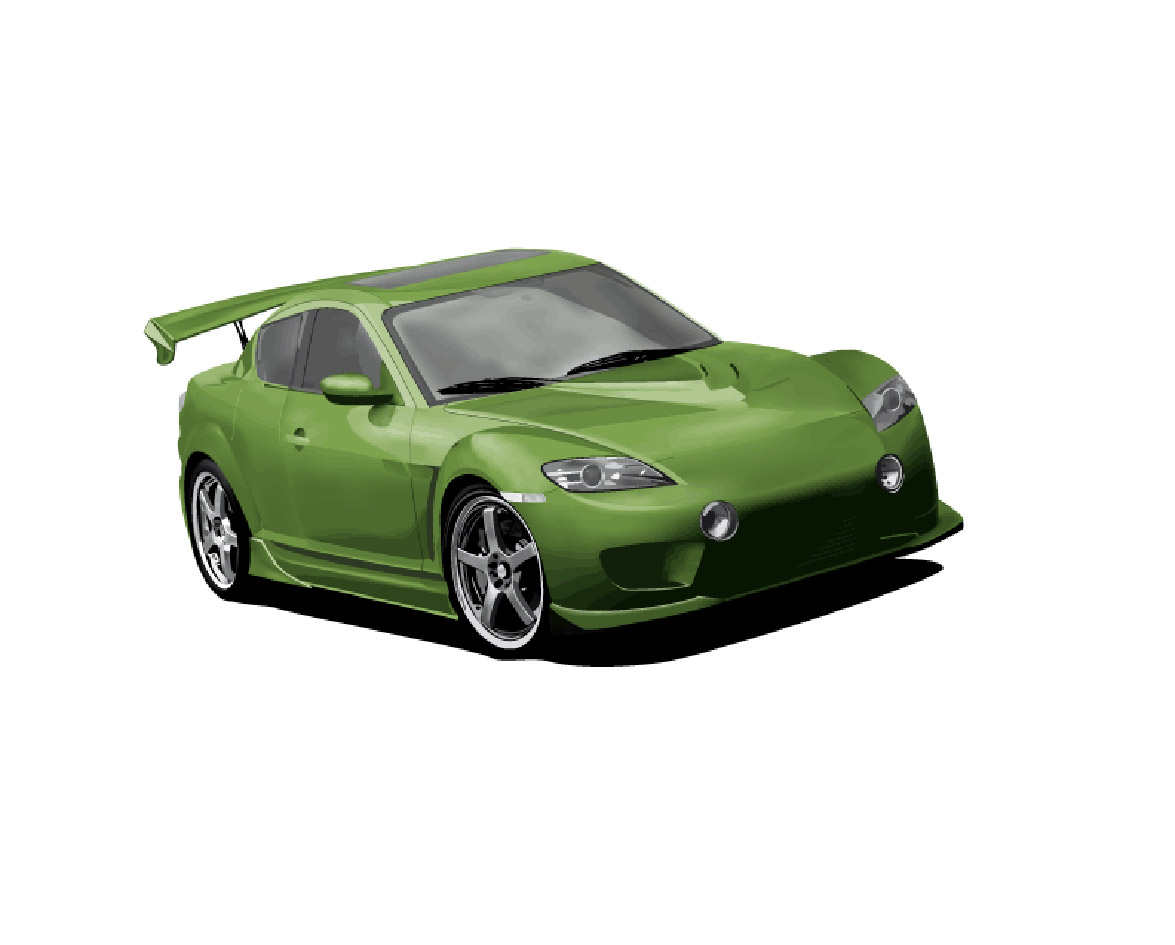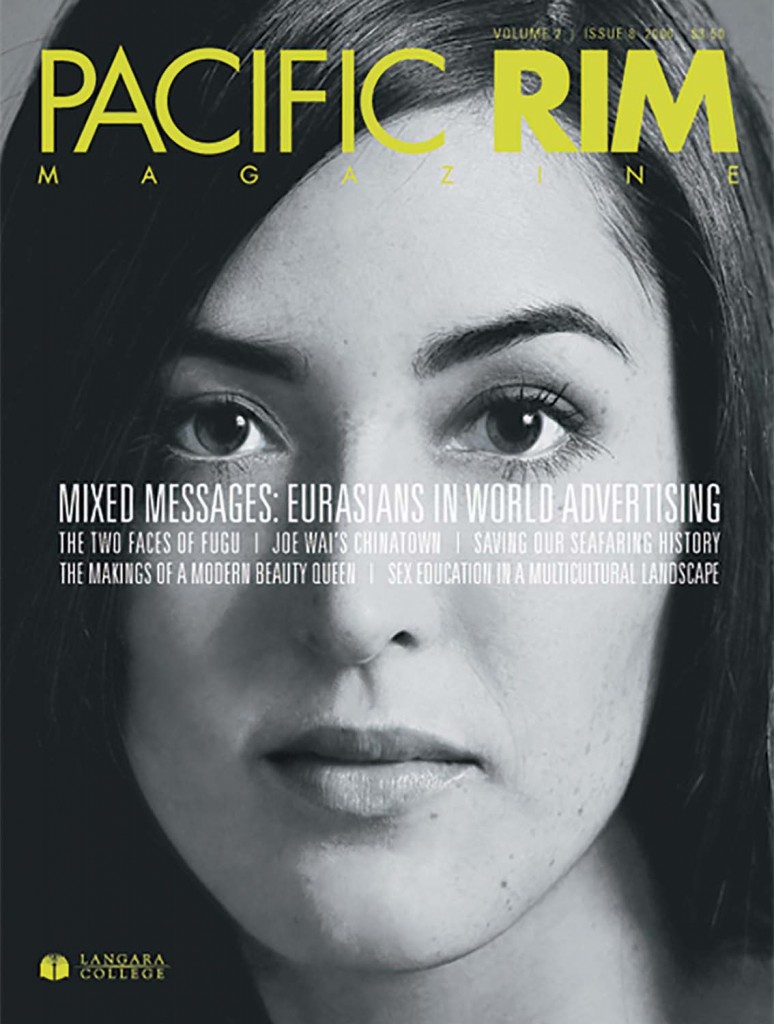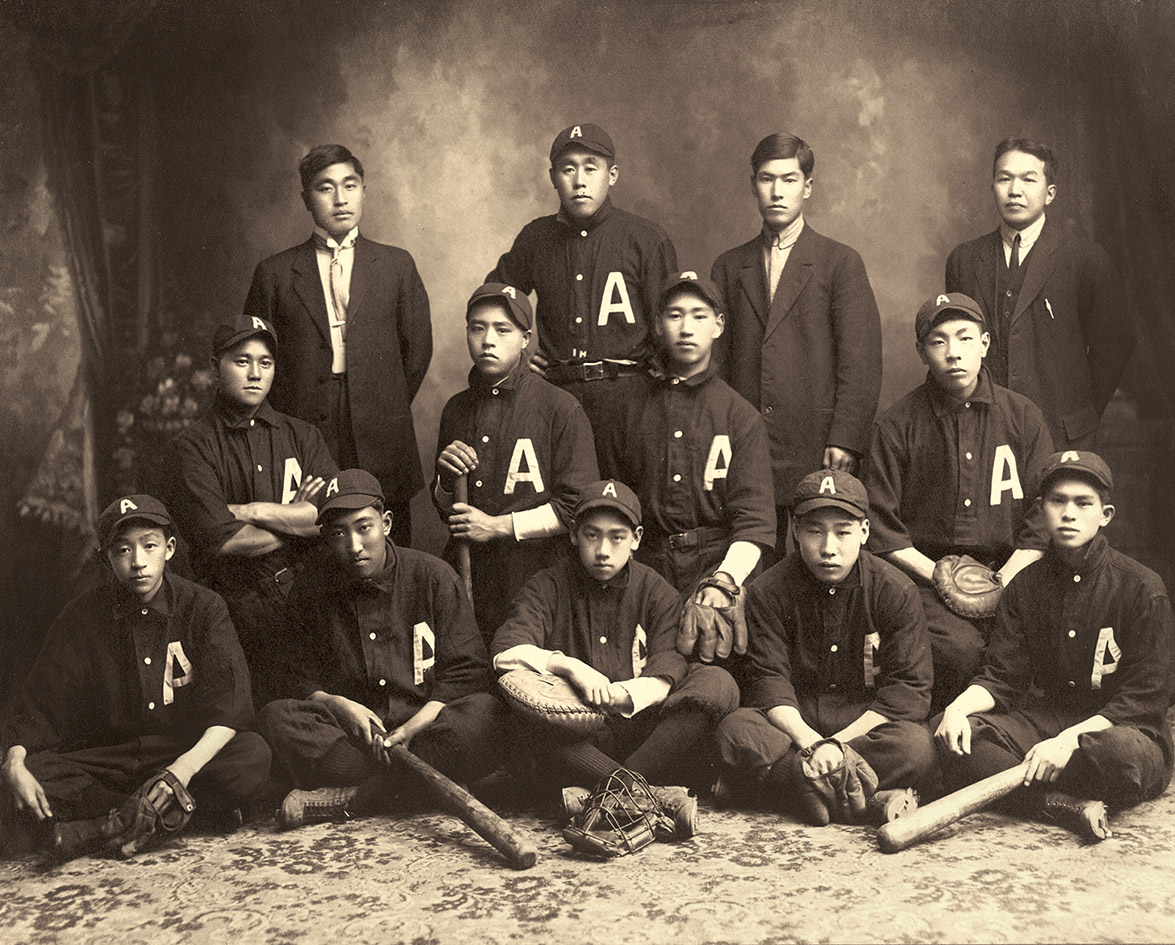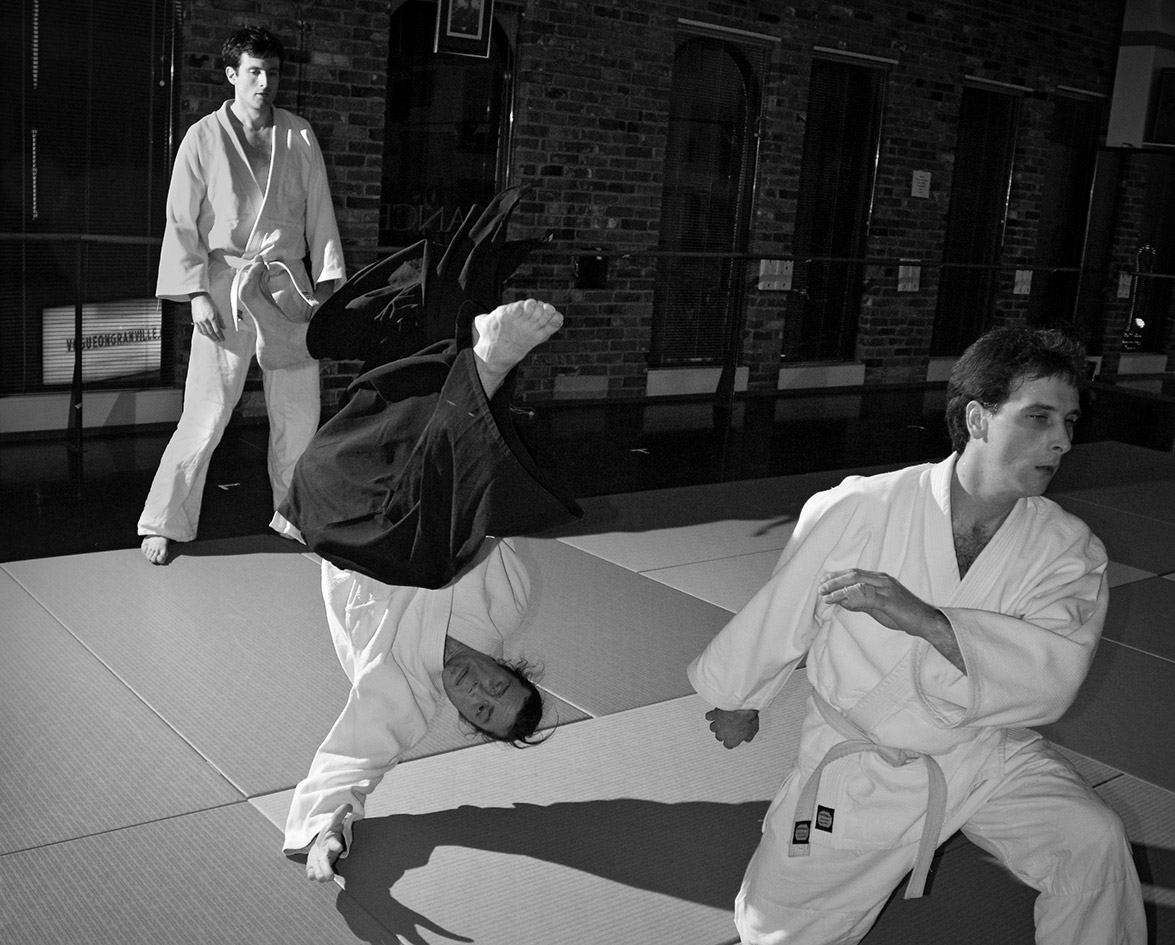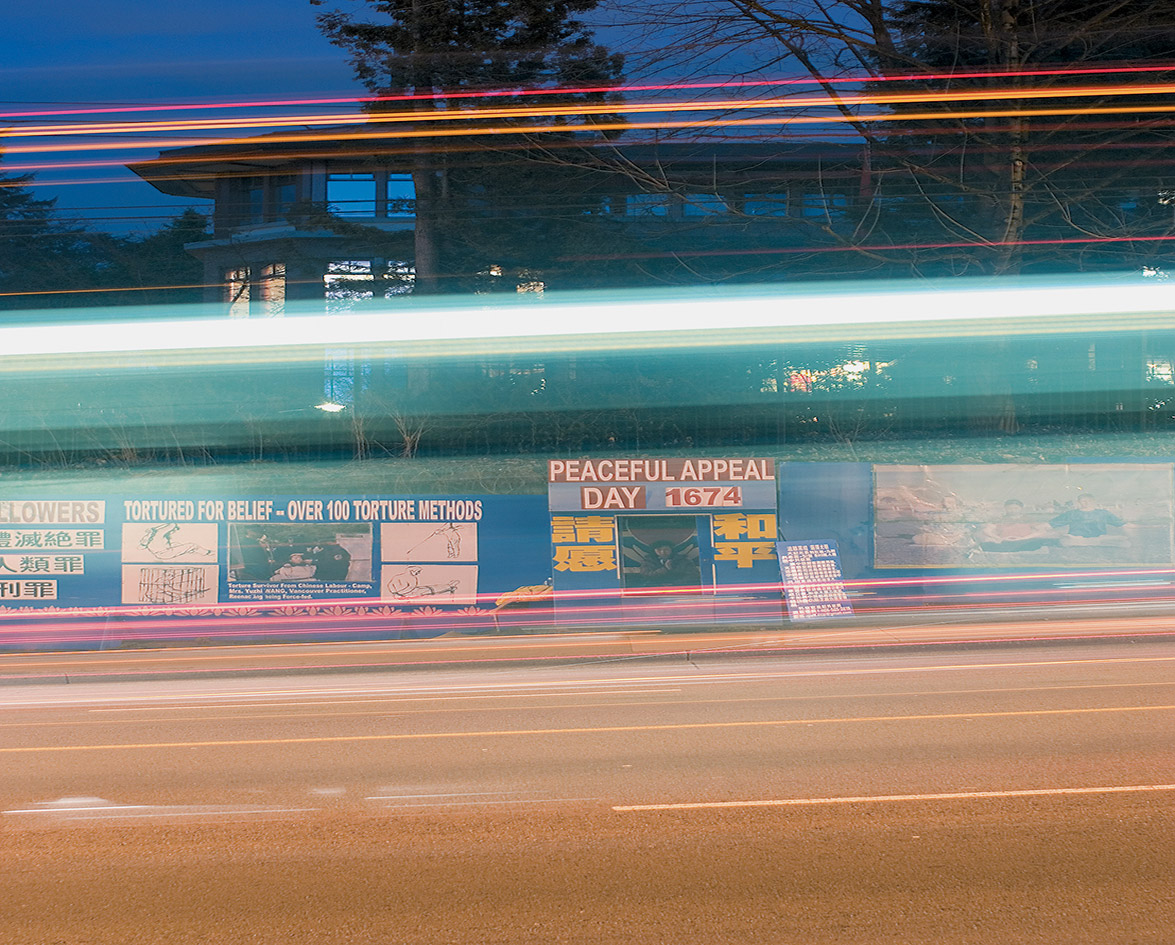Crystal blue headlights pierce through the fog and shadows, gleaming like angry demon’s eyes. A deep rumble roars from an enormous muffler that looks like it was borrowed from a spaceship. A rear spoiler so tall it could be used as a goal post looms over the back end of a shiny, sporty, import car. The sights and sounds of these low, loud mechanical beasts are common to anyone driving on Lower Mainland streets.
Following the lead of auto-enthusiasts in Japan, a burgeoning subculture of modders has emerged in parts of North America, including Vancouver. Modding refers to adding after-market embellishments to cars, and can involve anything from adding slick paint jobs and window-shattering stereo systems to installing high-performance engines or engine parts. Although there are a great number of enthusiasts, this pastime remains mostly a mystery to the general public. Often thought to be synonymous with the dangerous street-racers who have made headlines, car modders have been subjected to a reputation they may not deserve.
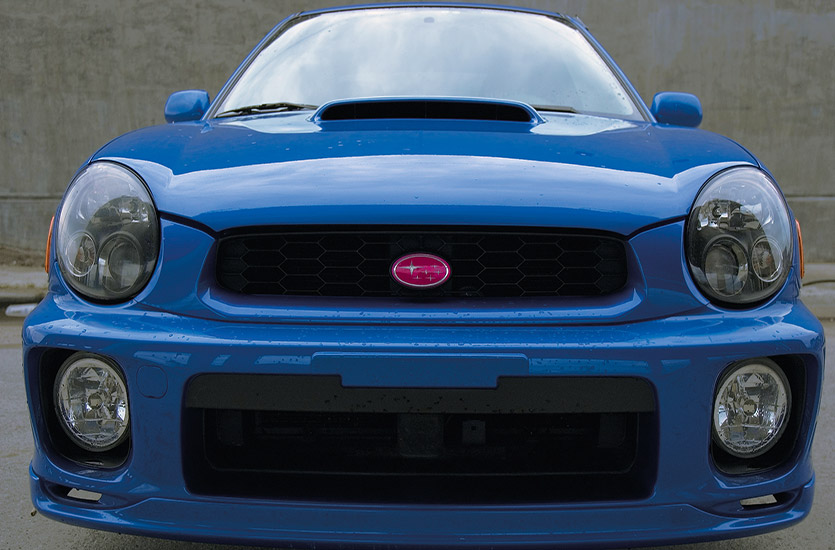
Canned Ham And Instant Noodles
Over 40 percent of Vancouverites are of Asian descent. Amongst 16 to 24 year-olds, the love of fast import cars unites those from a variety of cultural backgrounds. Contrary to popular belief, not all of them are street racers. For many, their cars are simply bigger and more expensive versions of the Hot Wheels toy cars they played with as kids.
From a hobbyist point of view, modded cars are not simply vehicles, but works of art, a raw canvas through which enthusiasts can express themselves and create tangible extensions of their personalities. For the truly dedicated, surviving on a diet of instant noodles and canned ham is a perfectly acceptable way to save thousands of dollars toward a new set of wheels. In this modern context, “wheels” refers not to an entire automobile, but merely to a set of tires and rims. “A lot of people just want to build a sweet car they can cruise the street in,” says Ben Low, an Asian-Canadian from Victoria, B.C., who has been an active enthusiast for six years. “Some people like their cars to look aggressive and in-your-face, others prefer a more clean and understated look.”
While there are certainly people in Canada that adore cars and car culture, car modding is still largely an obscure pastime. Your neighbour down the street might have a project Mustang in his garage that he’s been restoring for the last five years, but due to the cost of modifying cars and the attached social image, the hobby remains inaccessible, and misunderstood, by many.
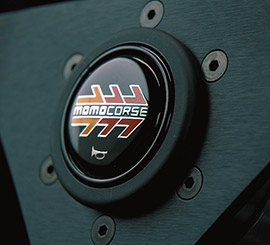
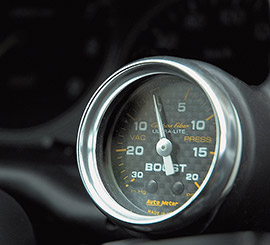
“Modded cars are simply not vehicles, but works of art.”
In Japan, on the other hand, cars and motorsports are engrained in popular culture. “There are just generally more people in Japan that view modifying cars as a lifestyle, compared to here, where it’s more of a trend,” says Low. “There are 40 year-olds there that are still very much involved in the scene, whereas in North America, it’s more the cool thing to do when you’re young and not really socially acceptable anymore as you get older.”
Street racing and its aftermath have caused media and law enforcement to put an intense spotlight on anyone that doesn’t drive a run-of-the-mill grocery-getter. Police officer Jimmy Ng of Richmond, B.C., was killed in September 2002, after being struck by a vehicle alleged to be racing. Since then, similar incidents have caused police to be increasingly vigilant. “I wouldn’t say we’re necessarily profiling Asians or modified cars,” says Detective David Bruce-Thomas of the Vancouver Police. “What we are profiling is aggressive driving behaviour…when we’re seeing people in the same kinds of cars swerving in and out of traffic and just generally driving stupid again and again, we’re going to keep an eye out.”
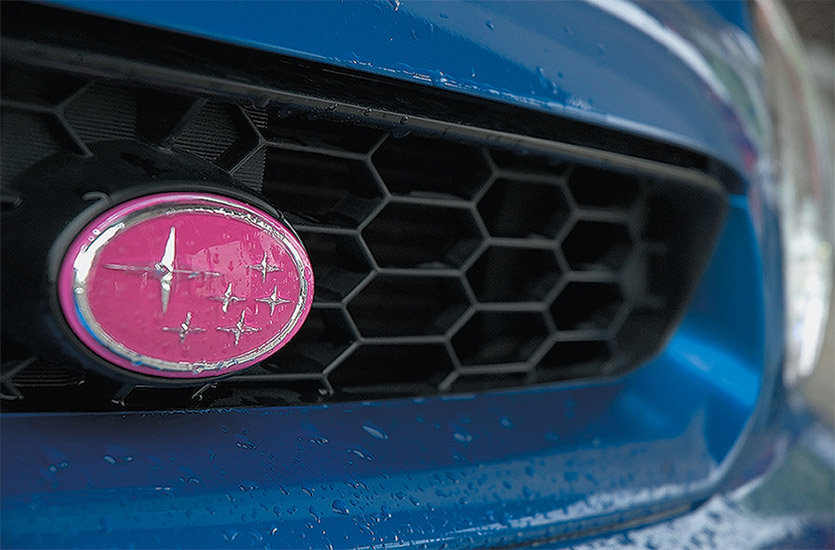
To combat this problem, law enforcement in the region has taken the initiative by starting programs like Resist the Race, which was launched November 29th, 2005. According to Bruce-Thomas, this type of program educates enthusiasts about the dangers of street racing. They also facilitate opportunities to compete in sanctioned areas, such as the 1/8th mile drag strip set up recently at Mission Raceway in Mission, B.C. Hopefully, this type of campaign will work to reduce the amount of reckless driving that occurs on Lower Mainland streets.
Like salt spray on chrome, street racing tarnishes car modding. With luck and the local police on board the image of innocent car modders will be restored.





